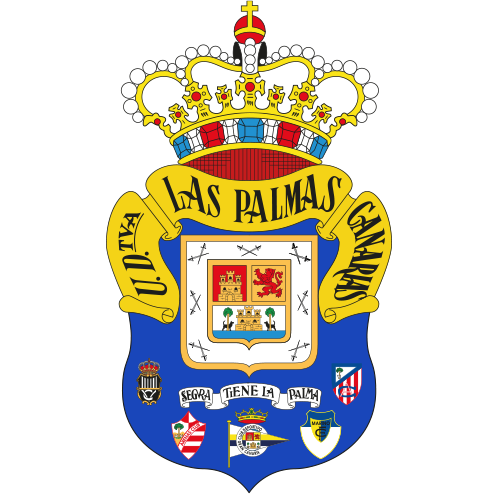The RFEF Finally Announces Gran Canaria's Candidacy Among the Hosts for the 2030 FIFA World Cup
Gran Canaria has made the cut of proposed venues to be submitted to FIFA, as announced today by the Royal Spanish Football Federation when making the candidacies public.
The initiative started by Lucas Bravo De Laguna had five strong supporters: Ángel Víctor Torres, Antonio Morales, Aridany Romero, Fernando Clavijo, and José Juan Arencibia.
Canarian society is celebrating. Gran Canaria has overcome the first hurdle to host a historic, unprecedented, and unique event like the 2030 FIFA World Cup, one of the most followed sports and entertainment events on the planet. Spain will have 11 venues, Morocco 6, and Portugal 3, complying with FIFA regulations to present a maximum of 20 stadiums.
This inherent capacity of a World Cup to draw the attention of billions of people to the Canary Islands is of immense importance, considering our status as a tourist destination.
The multiple benefits of this choice have led to the formation of a common political and social front, a rare occurrence in current times. The initiative presented by Lucas Bravo de Laguna in the Gran Canaria Council on February 8, 2022, seemed like a far-fetched dream. The insularity perceived as a disadvantage compared to other potential venues expecting a massive influx of visitors, and the limited influence of outermost regions compared to continental territories when global institutions must choose, initially caused some despair.
Support grew from various administrations, led by the Island Corporation. The Inter-island Federation of Las Palmas, with an active and optimistic José Juan Arencibia, shared the same enthusiasm as much of the population. Ángel Víctor Torres, president of the Canarian Government at the start of this World Cup journey and now Spain's Minister of Territorial Policy and Democratic Memory, has been crucial in this achievement, both as regional president then and as a member of the Spanish government now. Fernando Clavijo, the current president of the Canarian Government, has continued this work with a broad vision, aware of the benefits the archipelago will enjoy.
None of the political efforts to maintain the candidacy's position against others would have succeeded without the tireless work of the Gran Canaria Council and, more specifically, the Island Sports Institute. The Corporation's president, Antonio Morales, deserves thanks for the decisive budget commitment to eliminate any doubts about the determination to make Estadio Gran Canaria a high-level venue suitable for the event it will host. Equally important is ensuring the infrastructure allows UD Las Palmas to meet the demands of one of the world's best leagues.
The sports councilor, Aridany Romero, and the technicians he leads are to be praised for their prompt and comprehensive response to all requirements requested by the Royal Spanish Football Federation during this journey.
UD Las Palmas has contributed to this candidacy with a Sports City, Barranco Seco, located just fifteen minutes by car from Estadio Gran Canaria. This facility meets all the needs of elite teams, except for the accommodation plant, which is complementary to the existing sports equipment and is expected to be completed soon, fulfilling the commitments advanced in the documentation submitted to the federative entities.
Barranco Seco is a model of sustainability, landscape integration, and an example for other sports infrastructure projects, according to the National Professional Football League. The second phase, projected and reported to the RFEF, includes the construction of two more football fields in addition to the three already existing. These two new fields, along with changing rooms and classrooms, and the accommodation plant to complement the services of the Sports City, have made Barranco Seco one of the main attractions of the candidacy, which finally becomes a reality today.



